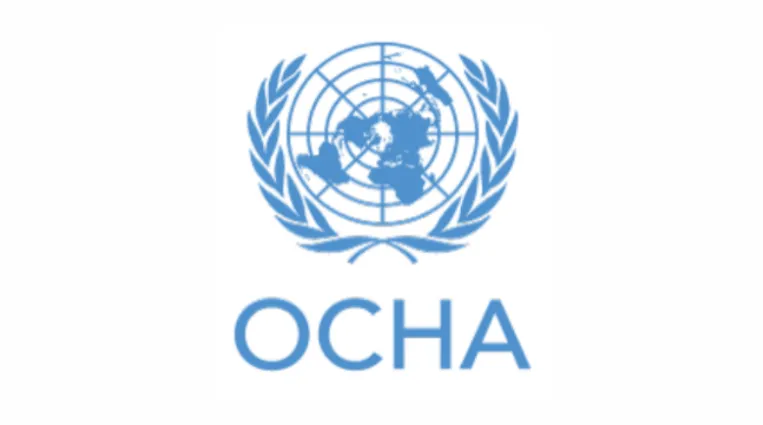Myanmar: Northern Rakhine Flash Update No. 1 (as of 8 March 2017)

Highlights
- Latest estimates indicate that about 94,000 people remain displaced (either in Bangladesh or within northern Rakhine) as a result of the 9 October attacks and subsequent security operations.
- Humanitarian organizations in Bangladesh estimate that over 74,000 people have crossed the border into Bangladesh since October and remain in the Cox’s Bazaar area.
- An estimated 20,000 people remain internally displaced in northern Rakhine.
- Restrictions on humanitarian access (particularly for international staff, who are mostly still not being permitted to work outside the main towns of Maungdaw and Buthidaung) are compromising the quality of the life-saving assistance and other services humanitarian organizations can provide.
Situation Overview
Access restrictions have constrained the ability of the humanitarian community to establish concrete data and conduct the necessary assessments in order to measure the scale and impact of the current displacement in northern Rakhine as a result of the 9 October border post attacks and subsequent security operations. Latest estimates indicate that about 94,000 people remain displaced. This includes approximately 74,000 people who have crossed the border from Myanmar into Bangladesh and some 20,000 people who remain displaced in the northern part of Maungdaw Township. There are also 226 Rakhine and Mro evacuees who continue to be hosted at two locations in Maungdaw Township.
The Government announced that the security operations launched in response to the 9 October attacks ended on 15 February 2017. On 18 February, at least 2,000 displaced people who had been sheltering in neighbouring villages were allowed to return to their village of origin in the northern part of Maungdaw Township.
The Government has permitted an incremental resumption of humanitarian activities, including distributions of food and other relief items (NFIs, hygiene kits, water purifications tablets) in some areas. However, humanitarian access remains far from what it was before the 9 October attacks, particularly in the northern part of Maungdaw Township. Most international staff do not have access to affected areas beyond Maungdaw and Buthidaung towns. Some NGOs report that even where access has been restored, their national staff are not permitted to stay overnight at project sites and have faced other restrictions on their travel routes. In the northern part of Maungdaw Township, humanitarian organizations have not been allowed to resume most of their protection activities.
Despite repeated requests for humanitarian access for a comprehensive needs assessment across the affected area, the Government has not yet granted permission for this to happen. However, a limited multi-sector assessment was conducted in the southern part of Maungdaw Township in January (see section on Needs Assessment below).
On 3 February, the Office of the UN High Commissioner for Human Rights (OHCHR) issued a report based on interviews with 204 Rohingya people who have newly arrived in Bangladesh. The report details allegations of serious human rights abuses. On 27 February, Yanghee Lee, the Special Rapporteur on the situation of human rights in Myanmar, completed her mission to Dhaka and Cox’s Bazar in Bangladesh to assess the situation of arrivals. Based on the findings of her mission, she called on the UN Human Rights Council to create a Commission of Inquiry to examine allegations of abuse in the northern part of Rakhine State. The continued access restrictions and absence of a thorough needs assessment are a major concern in light of reports of serious human rights violations and continued protection risks for civilians in the affected area.
Download full report in English HERE.
Announcements
21 May 2025
Open letter: Malaysia must lead ASEAN with principle, not hypocrisy, to address the Myanmar crisis

Progressive Voice is a participatory rights-based policy research and advocacy organization rooted in civil society, that maintains strong networks and relationships with grassroots organizations and community-based organizations throughout Myanmar. It acts as a bridge to the international community and international policymakers by amplifying voices from the ground, and advocating for a rights-based policy narrative.